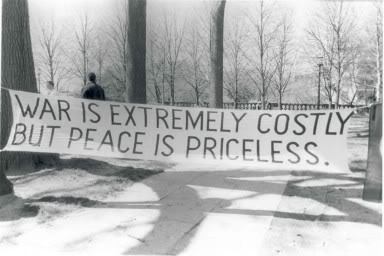
As a writer, I find reading the works of others has an influence on my writing style and who I am as a writer. When I read a piece of writing that draws me in and keeps my attention, I take note of the characteristics that make that piece of writing so effective so that I can apply them to my own writing. T.S. Eliot expresses a similar idea in "Tradition and the Individual Talent," by stating, "No poet, no artist of any art has his complete meaning alone. His significance, his appreciation is the appreciation of his relation to the dead poets and artists"(page 406). Eliot believes that good writing does not come out of nowhere, but that writers and artists are and should be influenced by a variety of sources. I agree that to a certain degree, all writers gain insight and make improvements by reading the works of others before them.
































.jpg)





